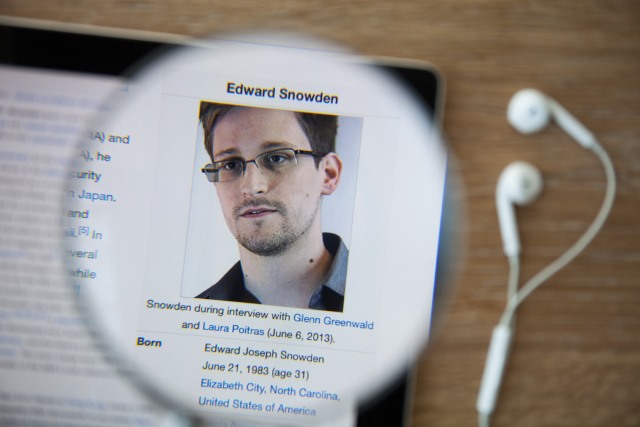
Europe wants to protect 'human rights defender' Edward Snowden from the US
Edward Snowden could have a new friend, and place of exile, in Europe. Currently in Russia, Snowden today found himself the subject of an EU vote seeking to drop any criminal charges against the former NSA contractor.
The vote passed 285 to 281 and is likely to upset the US. This is because member states are also looking to extend protection to Snowden and prevent extradition by third parties, calling him an "international human rights defender".
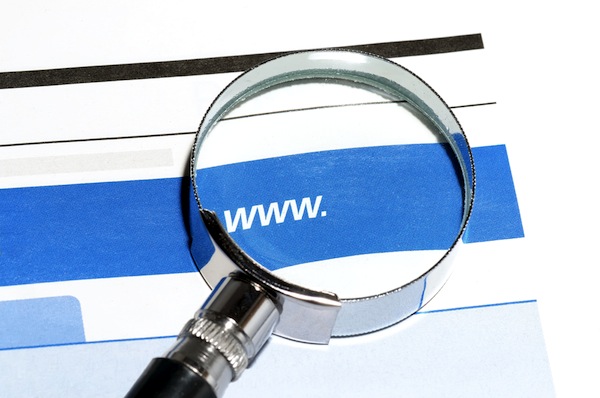
Major utilities leaving website vulnerabilities un-patched
Hard on the heels of last week's TalkTalk breach, another British utility company, British Gas, has contacted over 2,000 customers to warn them that their email addresses and passwords have been posted online.
Yet according to information security company High-Tech Bridge many large companies could be leaving customer data at risk via their websites.
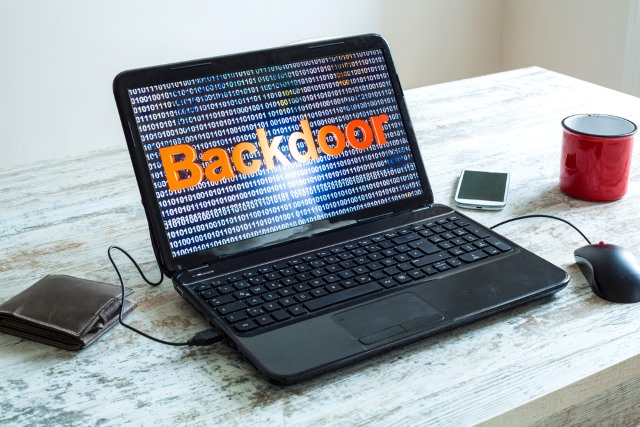
UK government says app developers won’t be forced to implement backdoors
The UK government is sending mixed messages about how it views privacy and security. Fears have been mounting since Prime Minister David Cameron wondered aloud "in our country, do we want to allow a means of communication between people which we cannot read?" -- his view obviously being that, no, we don’t want to allow such a thing.
Following the revelations about the spying activities of the NSA and GCHQ, public attention has been focused more than ever on privacy and encryption, Cameron having also suggested a desire to ban encryption. Today, some fears were allayed when it was announced that the government was not seeking to require software developers to build backdoors into their products. That said, the government said that companies should be able to decrypt 'targeted' data when required, and provide access to it.
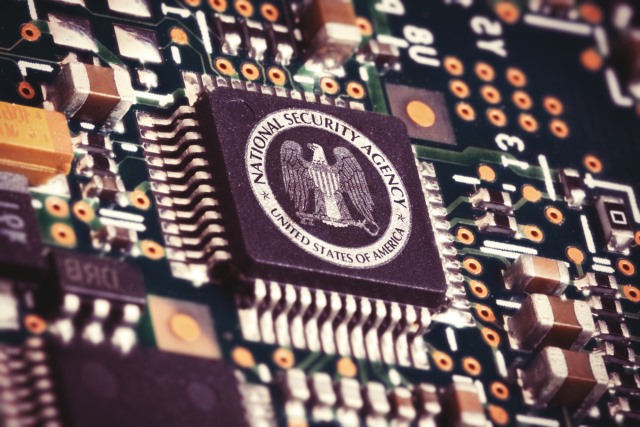
Wikimedia case against NSA spying thrown out of court
A lawsuit brought against the NSA by Wikimedia and eight other plaintiffs has been dismissed by a federal judge. American Civil Liberties Union (ACLU) filed the case on behalf of the Wikimedia Foundation alleging that the NSA had engaged in mass surveillance of Wikipedia users.
Joined by the likes of Human Rights Watch and Amnesty International USA, Wikimedia complained about the NSA's upstream surveillance as revealed by Edward Snowden. The ACLU suggested that the sheer volume of traffic Wikipedia receives means that the US government's surveillance must have included spying on the activities of Wikipedia users. Judge T.S. Ellis disagreed, saying that the plaintiffs did not have plausibility -- or size -- on their side.

Anonymous browser Tor is coming to iOS 9 to boost privacy
The release of iOS 9 meant a lot of things to a lot a people. For Tor it means that the privacy-focused browser will finally be able to make its way to iPhones around the world. No particular timetable has been set out, but an iOS version of the anonymizing browser is on the cards.
In fact, it is more than just the Tor browser that's on the way -- "there are a bunch of pieces in the works", according to developer Nathan Freitas. Bringing Tor tools to iOS 9 will bring Apple's mobile devices in line with Android, and it's all thanks to new capabilities in the latest version of the operating system.
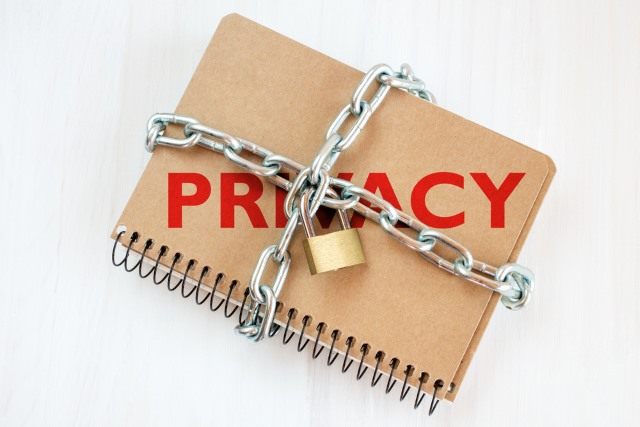
There has never been a better time to tweak your Facebook privacy settings
Facebook and privacy are not words you tend to find together in the same sentence -- at least not in a positive sense. Just a few days ago, the social network announced that all public posts were to be made searchable -- although it wasn't really billed as such.
You might not be entirely happy with this. While you may now be careful that you only share posts with your friends, a huge number of historic posts have now been made searchable. If you'd prefer to keep your content private, now is the time to act.
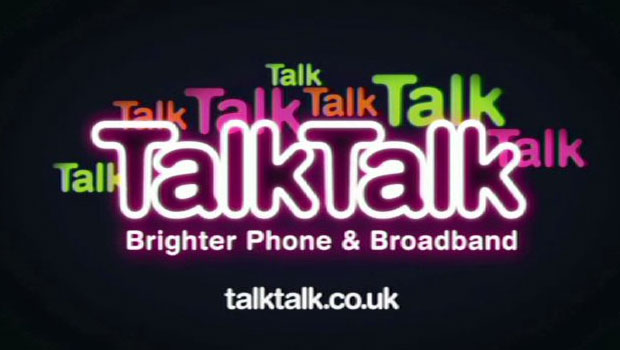
TalkTalk breach puts details of four million customers at risk
UK telecoms provider TalkTalk says it's been hit by a "significant and sustained" cyber attack which could have exposed the personal information of its four million customers.
In an official statement the company says that data including names, addresses, dates of birth, phone numbers and payment details may have been accessed.
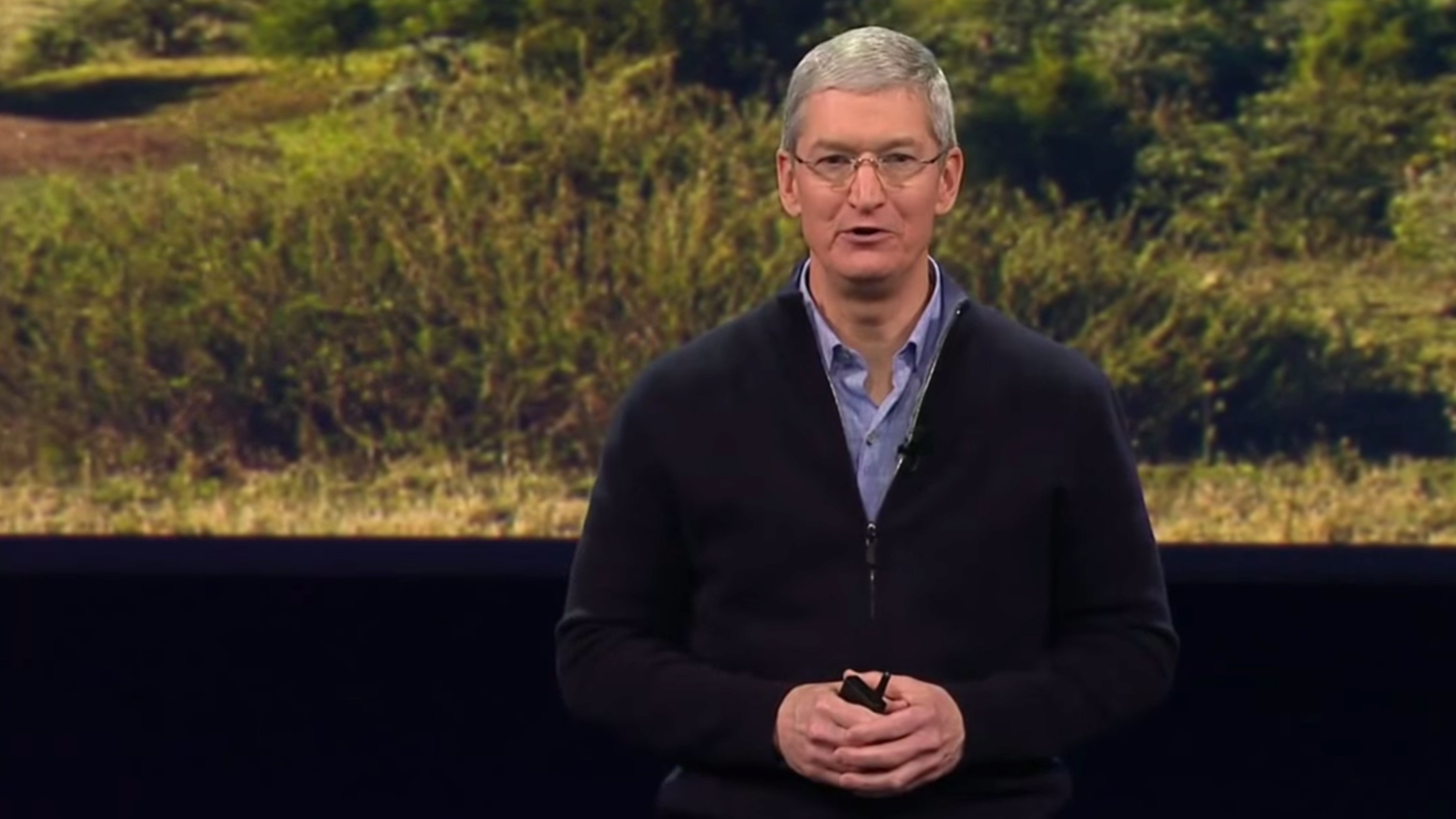
Tim Cook: We shouldn't have to choose between privacy and security
In a debate held on Monday, Apple’s CEO Tim Cook argued with government agencies over privacy and backdoor issues once again, stressing that a backdoor is not a good solution.
According to a Bloomberg report, he squared off with NSA Director Admiral Michael Rogers at the Wall Street Journal Digital Live technology conference in Laguna Beach, California.
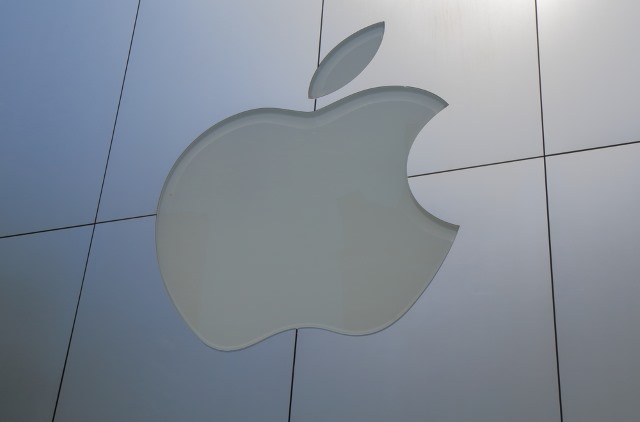
Apple pulls hundreds of iOS apps from its store for privacy violations
More than 250 apps have been pulled from the Apple App Store for secretly gathering users' information including email addresses, device serial numbers and details of other installed apps.
Apple's action comes as a result of a report from analytics service SourceDNA which uncovered the apps built using an SDK from a Chinese advertising company called Youmi. This allowed them to access the information via private APIs and send it back to Youmi's servers.

Politicians panic after law change could leave them open to surveillance
The world of politics is filled with people who many would consider to be out of touch with real life. All too often politicians are treated differently, and this has certainly been the case when it comes to NSA and GCHQ surveillance of phone and internet traffic. In the UK a court has ruled that a ban on intercepting politicians' communication is not valid.
The Wilson Doctrine -- named after former prime minister Harold Wilson -- stated that "there [will] be no tapping of the telephones of Members of Parliament". This has now been ruled to have no legal force, sending politicians into a fit of panic. They are due to hold an emergency debate next week.

Microsoft says Start menu app suggestions in Windows 10 are not ads
Earlier today I wrote about my surprise at the sudden appearance of what I referred to as an 'ad' in my Start menu. The comments the article gathered made for interesting reading, and it was clear that there was more than a little confusion and disgust at the prospect of the Start menu being used as advertising space. I mentioned in the article that I had contacted Microsoft for comment, and I've now heard back with some clarification.
First off, Microsoft insists that the promotion of apps in the Start menu is not advertising, merely the App Suggestions feature. The company stresses that no payments are made by software publishers to be highlighted in this way and explains that this personalized suggestion service is now rolling out to Windows 10 Pro and Enterprise users on the Insider program. Microsoft has more to say, but is it enough to allay the concerns of Windows 10 users?
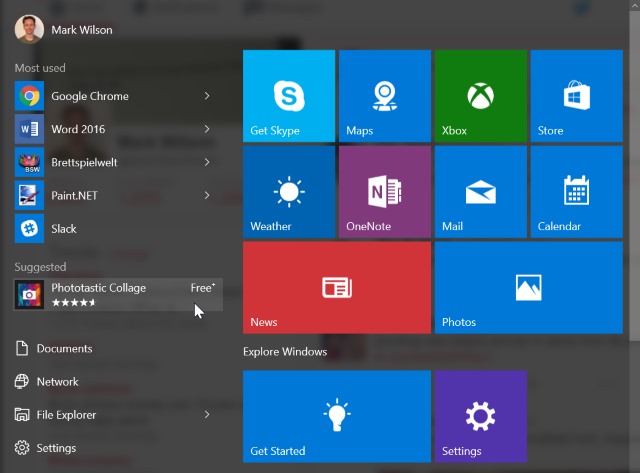
Microsoft now uses Windows 10's Start menu to display ads
We've all become used to the idea of ads online -- it's something that has become part and parcel of using the internet -- but in Windows? If you've updated to build 10565 of Windows 10, you're in for something of a surprise: the Start menu is now being used to display ads.
We're not talking about ads for Viagra, porn, or anything like that, but ads for apps. Of course, Microsoft is not describing them as ads; 'Suggested apps' has a much more approachable and fluffy feel to it. Maybe. This is a 'feature' that's currently only being shown to Windows Insiders, but it could spread to everyone else. Will it be well-received?
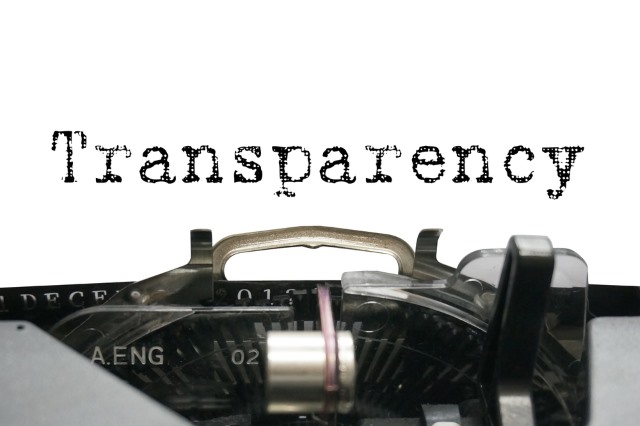
Microsoft launches new Transparency Hub, details content removal requests
In the post-Snowden age, transparency reports are all the rage. After the privacy debate that followed the NSA surveillance revelations technology companies fell over themselves to publish everything they could about government data requests. Microsoft has already released transparency reports, but today unveils a new Transparency Hub.
This is designed to be a central resource through which a variety of reports can be accessed, including the Law Enforcement Requests Report and U.S. National Security Orders Report. Data for the first six months of 2015 is now available, and there is a new section dedicated to Right To Be Forgotten-style requests for data removal.

Line introduces Letter Sealing message encryption feature
As the battle between privacy and security heats up, one instant messaging service has definitively announced which side of the divide it falls on.
Line, which is estimated to have more than 200 million monthly active users, has launched a new end-to-end encryption feature called "Letter Sealing" for use across both smartphone and desktop platforms.

HP and 3M join forces to fight visual hacking
If you are like me, you do a lot of work on the go. Not a day goes by where I am not typing away on my laptop in a public place like Starbucks or on a bench. Unfortunately, this opens me up to visual hacking. In other words, devious people can simply glance at my laptop to see what I am doing. If you work with sensitive information, this is a huge problem.
According to a recent 3M-funded study, 90 percent of visual hacking attempts are successful. Luckily, HP has teamed up with 3M to fight this visual hacking scourge. Rather than use clunky screen covers, the computer manufacturer will integrate the 3M technology directly into the laptop display. Whoa.